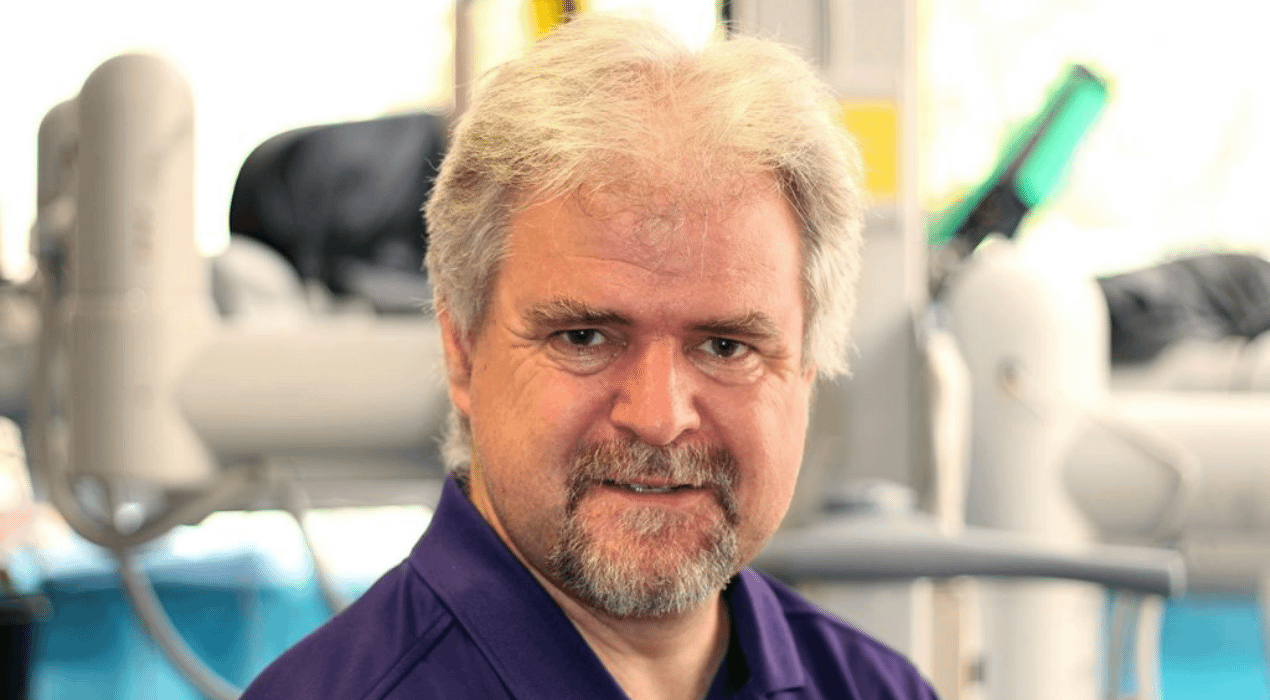
New Zealand Augmented Reality Research Gains International Recognition
Another New Zealand digital talent is showing up to drive technology forward and shows just how much Aoteroa is going ahead in its digital transformation. Professor Mark Billinghurst of the Auckland Bioengineering Institute (ABI) has been inducted into the SIGCHI Academy of the ACM SIGCHI. He described the event as being “the equivalent of being awarded an Oscar for research in human-computer interfaces”.
With the Empathy Glasses, we wanted to share the cues people use in face-to-face conversation, such as gestures or eye-gaze, with a remote partner. Using our technology, you feel as though you’re standing inside the body of the person wearing the headset… and see through their eyes to help them complete a task. In trials of the system, we’ve found people experience a stronger sense of collaboration and communication.
– Professor Mark Billinghurst, Auckland Bioengineering Institute
Professor Mark Billinghurst is the second New Zealander to have received this award out of 160 people inducted into the Academy since 2002. SIGCHI is the largest international society for professionals, academics and students who are interested in human-computer interaction (HCI). It is part of the Association for Computing Machinery which has 100,000 members.
Dr Billinghurst leads the Empathic Computing Lab (ECL) at the ABI and at the University of South Australia. Its mission is to develop systems that enable people to better understand one another and develop empathy, especially in remote collaboration. In short, it’s pushing the envelope when it comes to AR.
For him, this award demonstrates how highly researchers in the field value his work and recognise its impact. He disclosed that it’s rewarding to be acknowledged by his peers working in the same field. An example of research the group has done is the Empathy Glasses, an AR headset that has the capacity to relay emotional and physiological information about the wearer, such as their gaze, facial expression, and heart rate, to a remote collaborator.
Overall, Professor Billinghurst’s work aims to overcome some of the limitations of current video conferencing and enable radically new types of collaboration. In essence, he is helping others who want to develop better social AR and VR metaverse technologies.
Since 1982, the Special Interest Group on Computer-Human Interaction (SIGCHI) has inducted 8 people into the CHI Academy each year, honouring them for their significant contribution to the field of human-computer interaction. This time around a New Zealander is one of the gifted few who bagged the coveted award.
The SIGCHI Academy is an honorary group of individuals who have made substantial contributions to the field of human-computer interaction. In short, their efforts have shaped a discipline and/or industry and led the research and/or innovation in human-computer interaction. Past awardees include Douglas Engelbart who is credited with inventing the computer mouse and Joy Mountford who established the first interface research group at one of the biggest names in tech.
Indeed, New Zealand has been aggressively pursuing its digital transformation ambitions. Just recently Wellington launched a global marketing campaign to attract both talent and capital to its shores, spending NZ$ 1 million to get the marketing off the ground.
The country is taking advantage of international technology to move its digital plans forward. That should help it realise its digital goals. One example is how it availed of an international breach service to fight cyber attacks as reported on OpenGov Asia.
This content was originally published here.


